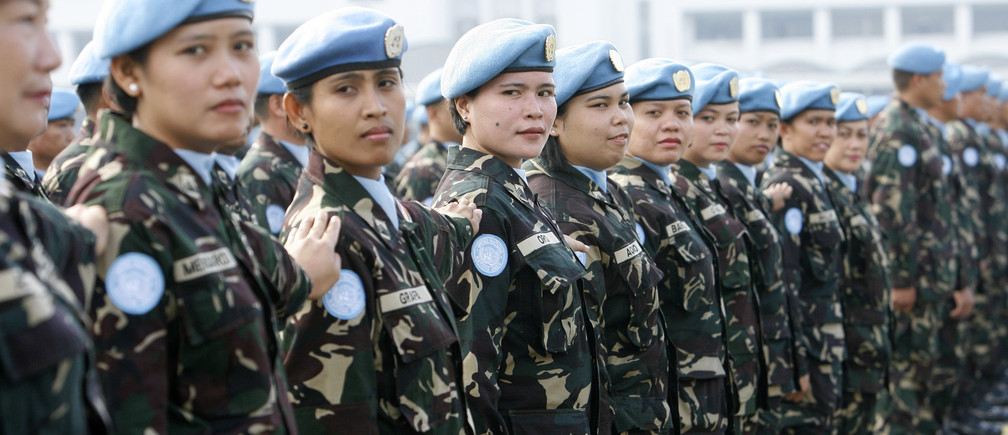
Bearing in mind that wednesday the 29th of May marked the International day of United Nations PeaceKeepers, this week presents an opportune time to examine and celebrate the role of women in peace processeses.
Women in Peacekeeping
First and foremost, women in peacekeeping play a unique role that deserves acknowledgement.
More specifically, women in combat play a significant role in connecting with the women they encounter. For instance, female combatants often act as role models in communities of deployment. Additionally, this group of women can act as interviewers for women caught in the crossfires of conflict. This is simply because female survivors of sexual violence often find it easier to give accounts of their assault to female combatants. These women can also make women and children in conflict zones feel more comfortable due to the fact that they make the troops appear more approachable to the local community. Lastly, women in peacekeeping can help expand the skill set of existing troops.
This is not to say that female peacekeepers do not face their own set of challenges; sexual abuse and gender discrimination remain a daily battle for this group of women.
Women in Peacebuilding
At the same time, women in peacebuilding remain underrepresented in high-level political fora. More often than not, the general public is aware of what various Heads of State, Diplomats, and institutional heads (mostly male) have done to further conflict negotiations. However, research has revealed that women are more concerned than men with transitional justice, reconciliation, education and rebuilding the economy.
While conflict negotiation is important to the peacebuilding process, the effort put forward by women post-war is even more influential in promoting durable peace.
Despite all this, women in peacebuilding are no exception to challenges. In some instances, women in peacebuilding assume tasks limited to the context of women and ‘women only’ spaces. This limits the expertise and perspectives that may be useful to the overall peacebuilding process.
To say that the field of peacebuilding and conflict prevention is gendered would be a gross understatement. This article attests to the fact that women are instrumental in peacekeeping and peacebuilding. Therefore, excluding them from the peace processes is a huge disservice for all stakeholders. Peace based organizations should ensure that their workforce is representative of all genders while governments should ensure that women are represented at all levels (i.e military, high-level and local levels). As long as women remain undervalued in peace processes, optimal transitional justice and durable peace will remain in jeopardy.
About the author

Amy Oloo completed her master’s in International Affairs at the American University of Paris and has a keen interest in issues that pertain to intersectional feminism.
Blog posts by this author:
Women in conflict: untold narratives in the media
Mental illness and violence against women
Erasure of Black women in the fourth feminist wave